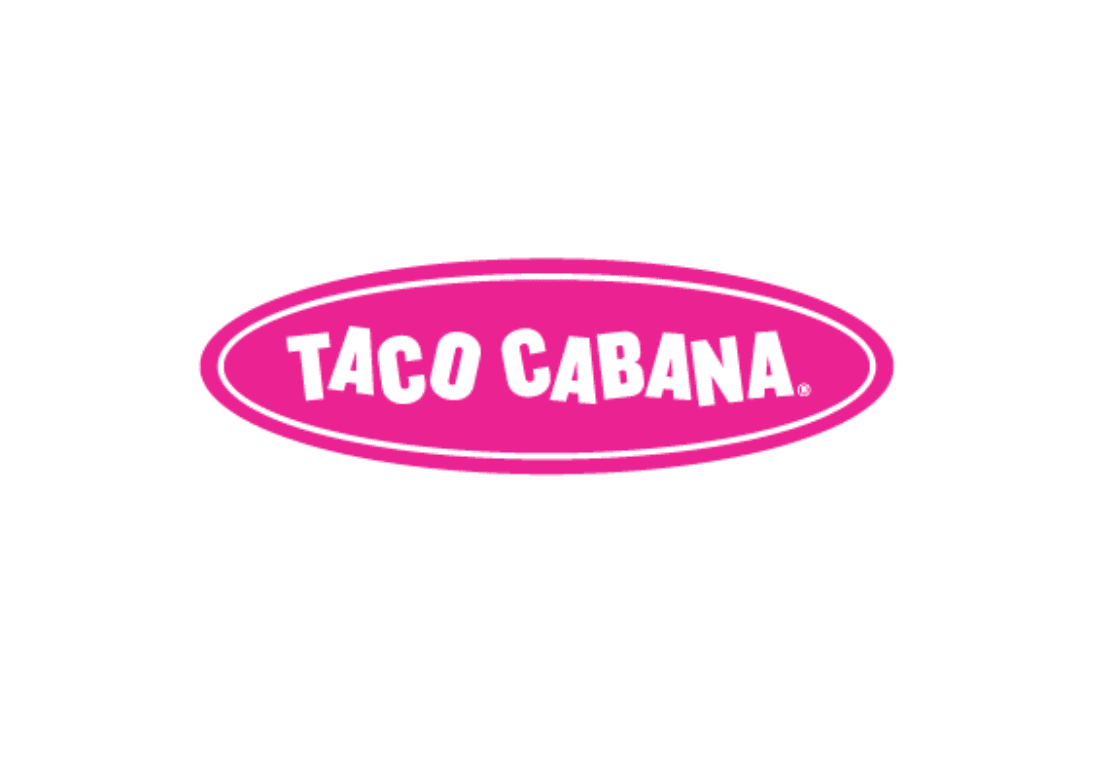Taco Cabana is a well-recognized fast-casual Mexican-inspired restaurant chain founded in 1978, known for its fresh-made tortillas, tacos, burritos, and value-driven menu items. Over the decades the brand built a strong presence in Texas and has become a beloved local favorite for many. For entrepreneurs and restaurant investors curious about opportunities for ownership, questions arise about whether Taco Cabana franchises are available. The short answer: yes, Taco Cabana does offer franchise opportunities in the U.S.
Franchise Opportunity Details
Taco Cabana’s franchise program is positioned toward experienced operators and investors seeking to bring the brand into new markets beyond its stronghold in Texas. The company emphasizes support in key areas like operations, real estate, training, and development for franchise partners. While many of the current locations remain company-owned, Taco Cabana has made clear its intention to grow through franchising into states like Arizona, Arkansas, Colorado, Missouri, Oklahoma, and Tennessee, among others.
The franchise model is designed for multi-unit development, enabling franchisees to build a portfolio of Taco Cabana restaurants within a geographic territory. Franchisees benefit from established brand recognition, proven systems, and a menu designed for efficiency and value. The brand’s format includes drive-thru service, patio dining, and a full menu across breakfast, lunch, and dinner day-parts. As a franchisee, one partners with Taco Cabana’s infrastructure and gains access to a well-known name in the Mexican fast-casual segment.
Why Entrepreneurs Consider Taco Cabana
The appeal of investing in a Taco Cabana franchise lies in several factors. First, the brand has legacy value and customer familiarity in the Tex-Mex and fast-casual space. Second, the menu focuses on fresh-made tortillas, bold flavors, and a value proposition, which can help attract and retain customers. Third, the franchising plan aims to expand into markets that have growth potential and less saturation than the brand’s core regions.
Moreover, the operational format is designed for efficiency—drive-thru windows, patio seating, and a menu that supports high volume and multiple day parts. For investors who have prior restaurant or multi-unit experience, Taco Cabana offers a chance to partner with a known brand rather than launching a concept from scratch. With the backing of the franchisor’s training and real-estate guidance, entering the Taco Cabana system can be a well-structured path into restaurant ownership.
Considerations Before Investing
As with any franchise, prospective Taco Cabana franchisees should consider several key elements. The cost of investment—including build-out, equipment, leasehold improvements, and working capital—can vary widely depending on location and size of the restaurant. Because the brand is now targeting expansion into new states, market selection, traffic patterns, and competition will be important factors in determining future success.
Another consideration is that the franchise opportunity is geared toward multi-unit development, so individual owners should assess whether they have the resources or intent to grow a small portfolio. It’s also critical to understand the support systems, royalty and marketing fees, and other ongoing commitments associated with the franchise agreement. Working with Taco Cabana means aligning with the brand’s operational standards, menu competence, and guest experience expectations.
Conclusion
If you are wondering whether Taco Cabana offers franchise opportunities in the United States, the answer is yes — the brand does offer franchising. With a legacy built since 1978, Taco Cabana now seeks qualified franchisees to expand the concept into new markets. For entrepreneurs who value Mexican-inspired fast-casual food, a recognized name, and a brand positioned for growth, owning a Taco Cabana franchise could be a compelling opportunity. As always, prospective investors should conduct thorough due diligence, evaluate market fit, and understand the investment and operational commitments before proceeding.










